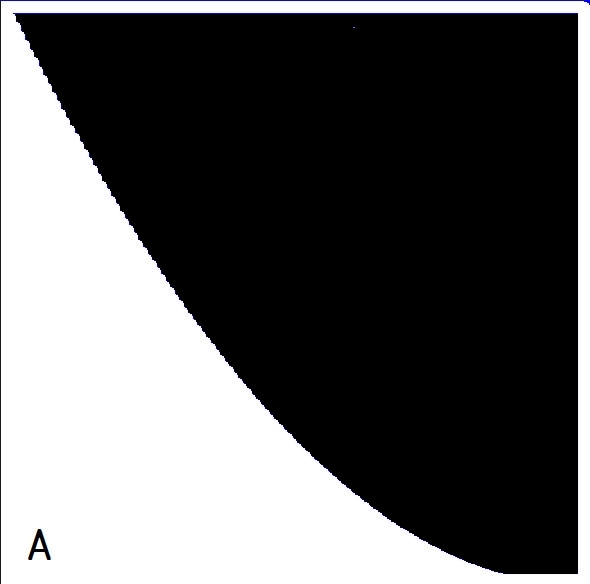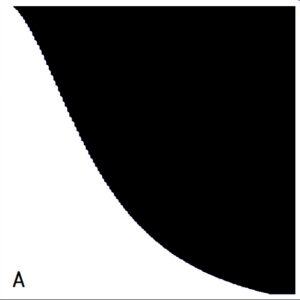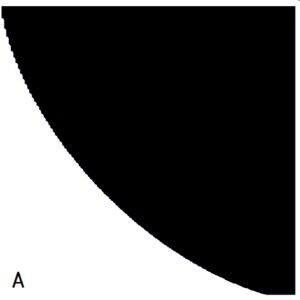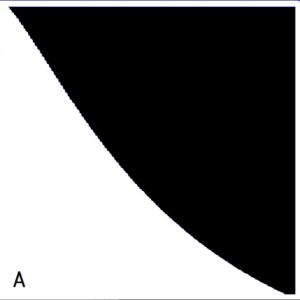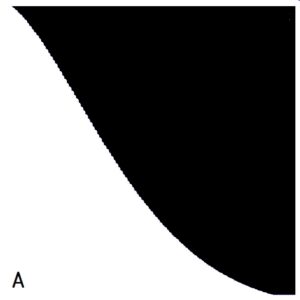Menu
Category : WWSH
Tags Convolution, Impulse Responses, Mix, Reverb, Reverberation, TPulses, Tuned Impulse Responses, Tuned Pulses
10,00 €
This is a curve with a very fast decay at Start and a slow decay at the End.
Default decay sequence was faded out, in the extension of 9 octaves, using two sets of processed White Noise as generators to produce this set of impulses.
It’s a general-purpose fast decay impulse with a very slow ending, for vocals and instruments, or any electronic musical source.
288 Impulse files
Kappa
This is a curve with a very fast decay at Start and a slow decay at the End. The area of the curve is 34.08% of the full square area (-9.35 dB FSA).
If based on area ratio (current to Linear (50%), it’s RT60 time should be 0.68 of Linear RT60. time
This curve was calculated from the Kappa Curve Equation
https://en.wikipedia.org/wiki/Kappa_curve
WWSH
Default decay sequence was faded out, in the extension of 9 octaves, using two sets of processed White Noise as generators to produce this set of impulses
It’s a general-purpose fast decay impulse with a very slow ending, for vocals and instruments, or any electronic musical source.
The collection is divided into 44.1 kHz 24 bit, 48 kHz 24 bit and 96 kHz 24 bit folders.
Inside each sample rate folder 12 tone folders (A to Ab).
Inside each Tone folder, 8 clean impulse files in a total of 288 Impulse files, with the following folder structure:
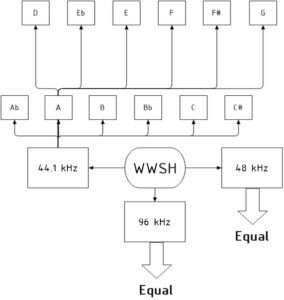
Wave Naming
WWSH KAP A PH 3 Means two sets of processed White Noise as generators, Kappa as fall curve, A as Tone, Phaser as modulator and 3 seconds of Impulse length.
WWSH KAP A PH MS 3 The same as previous but with M/S processing.
WWSH KAP A PH 6 Means two sets of processed White Noise as generators, Kappa as fall curve, A as Tone, Phaser as modulator and 6 seconds of Impulse length.
WWSH KAP A PH Oct 6 Oct means one octave up.
The files on the other folders follow the same syntax meaning
